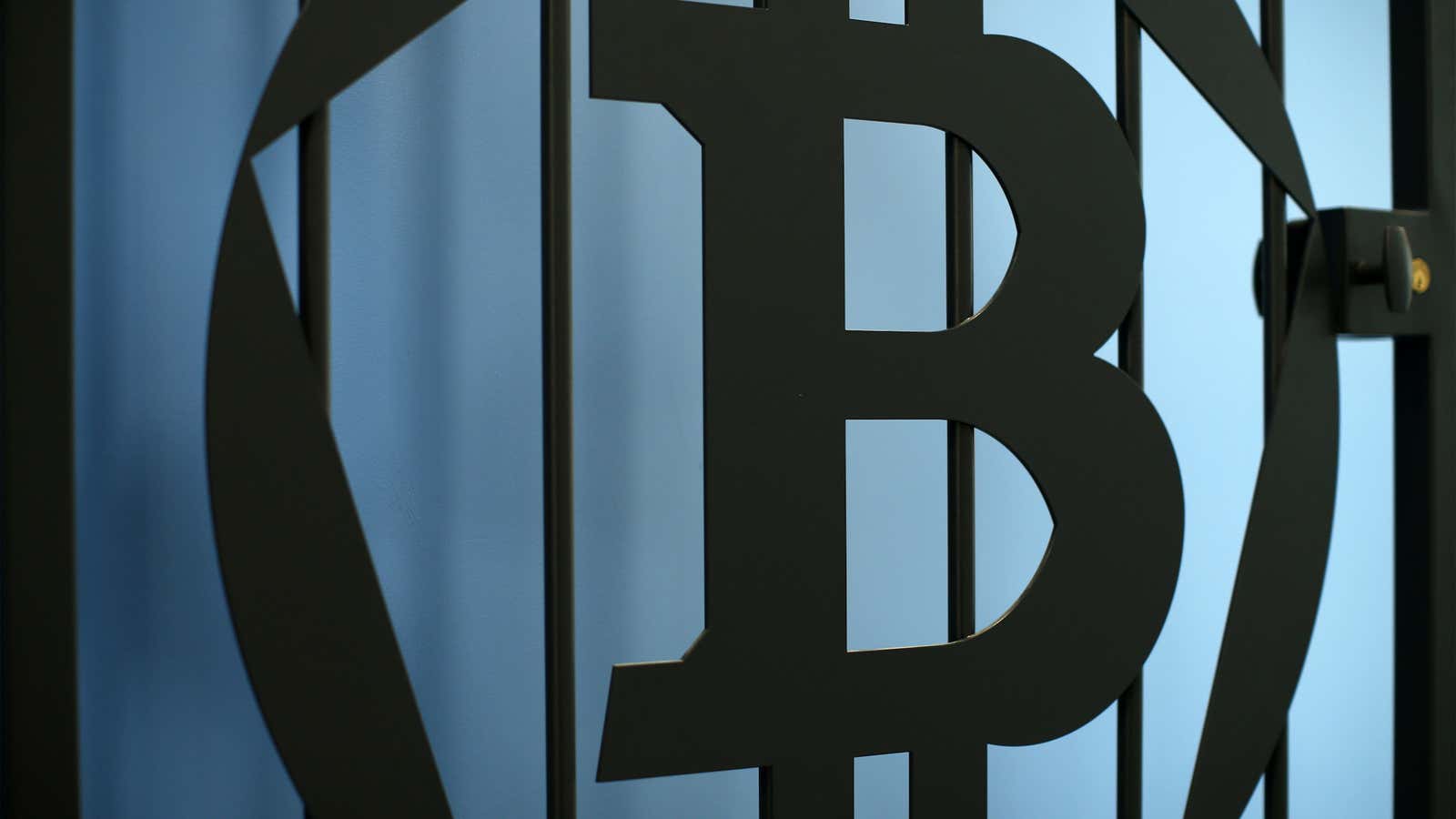While the EU recently took steps to treat bitcoin like any other currency, the Paris attacks seem to have prompted a new round of debate on the issue in Brussels.
Reuters reports that EU interior and justice ministers meeting tomorrow (Nov. 20) will propose cracking down on electronic payments, digital currencies, and the anonymous use of pre-paid cards, presumably to keep these channels from being used as a means for terrorist financing.
The policy shift underscores the uphill battle bitcoin faces. Not only do mainstream consumers not understand the technology, but the potential for using bitcoin for criminal activities has spooked authorities. Bitcoin was a major payment method in Silk Road—the online marketplace for illicit goods, which the FBI eventually shut down. The anonymity afforded by bitcoin is a major issue for regulators, and a key feature of bitcoin that New York’s Department of Financial Services eliminated in its framework (pdf) for licensing digital currency firms.
Former Federal Reserve chairman Ben Benanke discussed the anonymity aspect of bitcoin in a recent interview with Quartz’s Matt Phillips, calling it “a feature, and … also a bug, in that it has become in some cases a vehicle for illicit transactions, drug selling or terrorist financing or whatever. And you know, governments are not happy to let that activity happen, so I suspect that there will be oversight of transactions done in bitcoin or similar currencies and that will reduce the appeal.”
A month before the Paris attacks, the UK Treasury assessed that there was a “low” risk (pdf, p.82) that bitcoin or other digital currencies are being used for money laundering or by terrorists trying to move money into and out of the UK.
But governments clearly are still trying to figure out how to regulate bitcoin, to protect consumers and to ensure that rules to guard against money-laundering are followed.
